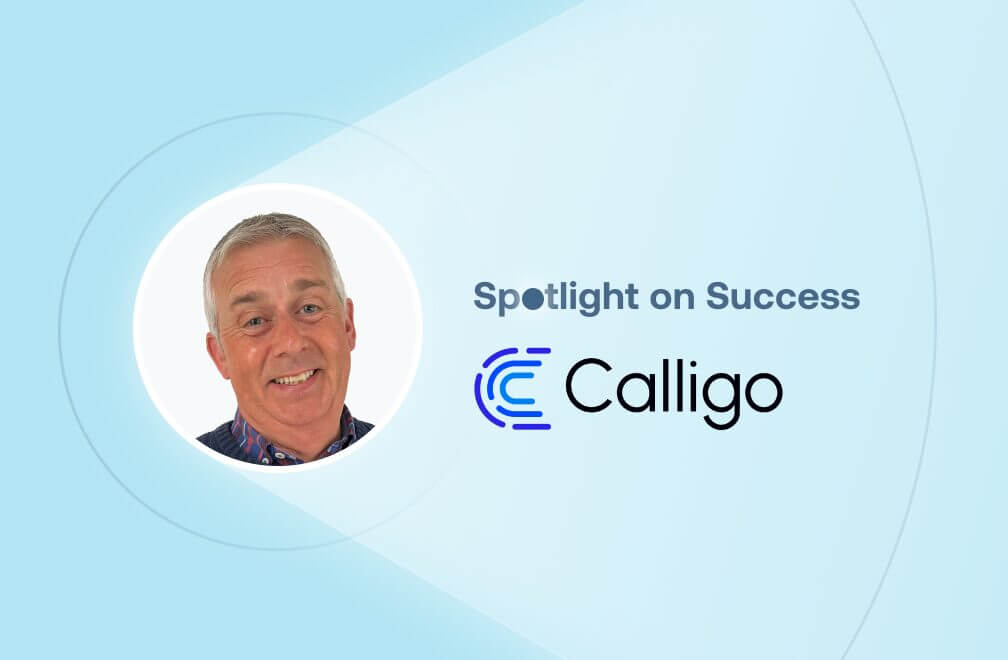Being Well and Doing Well: How Auditor Happiness Fosters Greater Success

Ever since socially-minded entrepreneurs nurtured employee welfare to ameliorate the worst impacts of the Industrial Revolution, we have understood that ethical and economical impulses can be complementary rather than being mutually exclusive.
Unfortunately, according to one study, an organisation’s values tend to become diluted with each change of leadership. Why do some entities remain committed to employee welfare while others let their good intentions slip? The difference lies in governance: where there is unwavering integrity supported by participatory decision-making and reward, those organisations are likely to maintain their people-centric ethos.
This is important because looking after our people and having them involved in meaningful, rewarding work is both the right thing to do and the best way to create sustainable value. Conversely, failure to do so has dire consequences. A 2022 HSE report found 30.8 million days lost due to work-related ill health and 1.8 million workers suffering from an ailment caused or made worse by work.
It’s not just CEOs who can address employee well-being; we all have our part to play. As internal auditors perhaps we can do more than most. I hope that sharing what we have learnt at SWAP will inspire you to adopt some of the approaches included in this article.
Understanding Well-Being?
Well-being is understood as having multiple interdependent dimensions: physical, emotional/mental, social, intellectual, financial, vocational/occupational, spiritual, and environmental. If we are interested in enhancing wellness, we must pay attention to them all.
Our collective understanding of holistic well-being is evolving. In relatively recent years, for example, we have become more accepting of mental health as a reason for underperformance or needing to take time out. Likewise, we recognise negativity, conflict, sterile or adverse conditions, and lack of meaningful work erode our well-being.
Well-Being and Internal Audit
When it comes to internal auditing, I believe traditional practices are a major source of frustration, not only for auditors but also the client, senior managers, audit committees, boards, and all who support our processes.
Consider how well-being may be impacted by the following:
- Commuting. Hours spent in cars or trains are unproductive and stressful.
- Creating an annual audit plan. The combined effort of developing and gaining approval for a 12-month plan in a world of dynamic risks is frankly misdirected.
- Setting up kick-off meetings. Trying to arrange meetings with unsuspecting and often reluctant clients sets a negative tone for the whole engagement.
- Gathering and analysing information. For managers who don’t really appreciate what you do, this is often regarded as unwelcome, untimely, and intrusive.
- Report writing. Creating a report can be intensive, lonely, drawn-out, and enervating.
- Closing out and agreeing actions. Sharing conclusions the client finds surprising, unhelpful, or simply no longer relevant is unlikely to yield meaningful responses.
- Reporting. Senior managers and directors are too busy to review a lengthy report.
- Following up. Chasing busy people closes a sorry cycle of limited value for everyone.
Stress Busters
The lockdown forced us to accelerate change and adopt new practices rapidly. At SWAP we have continued to build on progress in remote auditing and online collaboration and have adopted agile practices to serve organizational needs and address auditor well-being. This includes:
- Introducing home-based contracts, having experimented with a partial return to the office.
- Removing employee probationary periods as unnecessary – if we do recruitment right we simply don’t need them.
- Sustaining continuous client engagement throughout.
- Holding weekly stand-ups (virtual or in-person).
- Adopting a one-page audit report format and making greater use of visualisation.
- Streamlining audit planning to a six-month period with three-monthly reviews.
- Employing automated planning, monitoring, and management tools.
- Exploiting data through imaginative computer-assisted analytics.
- Using artificial intelligence to complement our work.
Improving Positivity, Engagement, and Partnership
We use biquarterly well-being surveys introduced during Covid based on 12 short questions scored 1-5 and they reveal dramatic and sustained upward trends in staff satisfaction and productivity while turnover is low. But it’s about more than just the numbers, as Peter Drucker recognized.
[Leadership] is the relationship with people, the development of mutual confidence, the identification of people, the creation of a community. It cannot be measured or easily defined. But it is not only a key function. It is one only you [i.e., leaders] can perform.
The positive boost to well-being has been widely felt.
- By the C-suite. We have experienced a big increase in engagement, meeting regularly to discuss current and emerging risks and confirm the next three-month window of our flexible audit plan. Senior managers take an active interest in our views on risks, new initiatives, GRC, and opportunities for improvement.
- By audit committees. The committee genuinely appreciates our responsiveness and timeliness. Together we use an AuditBoard dashboard to support our conversations, focusing on the top 10 risks. This also facilitates continuous risk analysis and coordination of assurance.
- By the client/customer. We are definitely creating more value for the client through closer collaboration at all stages. Agile methods enable us to focus on opportunities for improvements. Clients appreciate our “no surprises” philosophy. Our planning allows us to ask, “how can we do this together to be of most value to you and with least inconvenience?” We also schedule regular 10-15 minute stand-up meetings and discuss management responses early on.
- By our auditors. I have seen the smiles returning to their faces with a palpable sense of achievement. Of course, we still adhere fully to professional standards and maintain our independence and objectivity but the difference is we focus jointly on what we agree is important. We regularly receive reviews saying we “exceeded expectations” and “when can you come back?”
- By the internal audit function. Internal audit is seen as a hot spot of innovation, constantly trying to give more and do more — sometimes with less. We are not just going through the motions of planning and reporting. We’ve truly earned recognition as a strategic partner and trusted advisor.

Trust is definitely a key — within the team and with our stakeholders. It is so important to well-being to feel valued and know our work is worthwhile. It also sets up a virtuous circle: a sense of fulfilment is created by focusing on meaningful tasks which leads to a happier team and in turn to greater productivity.
I encourage all of you to consider similar approaches for happier people and better results.

David Hill is the CEO of SWAP Internal Audit Services based in the UK. David has nearly 40 years of audit experience, is currently Chair of the Local Authority Chief Audit Network, and is a former member of the Global Guidance Committee. Connect with David on LinkedIn.


